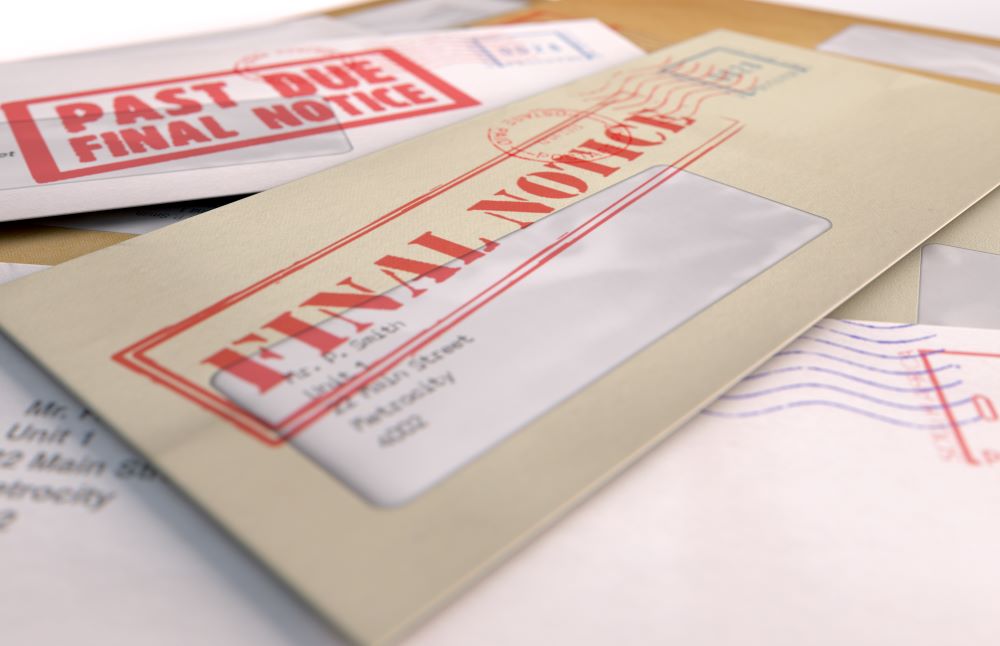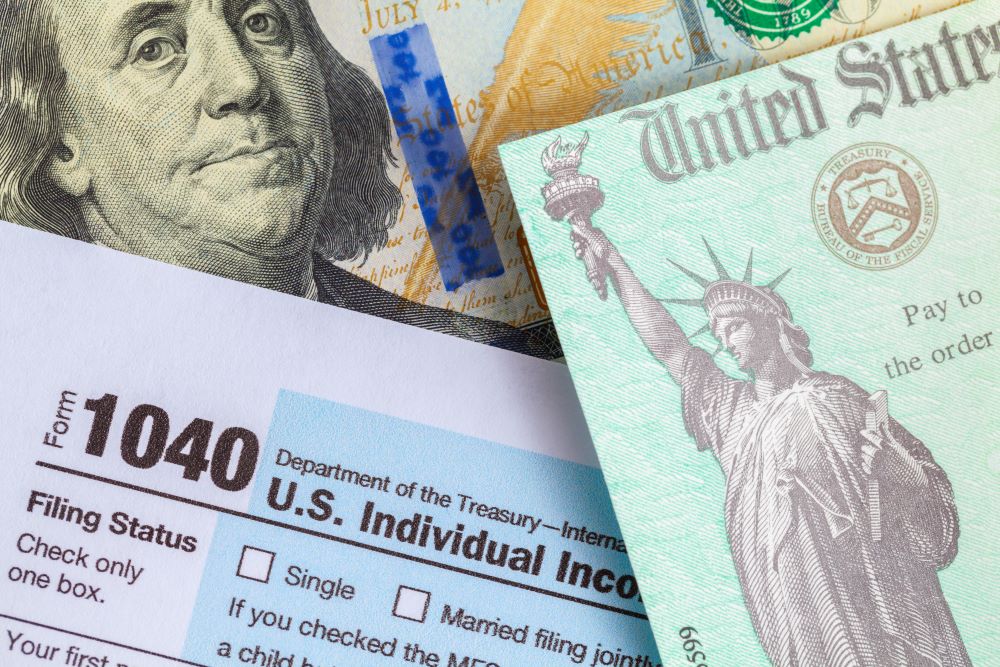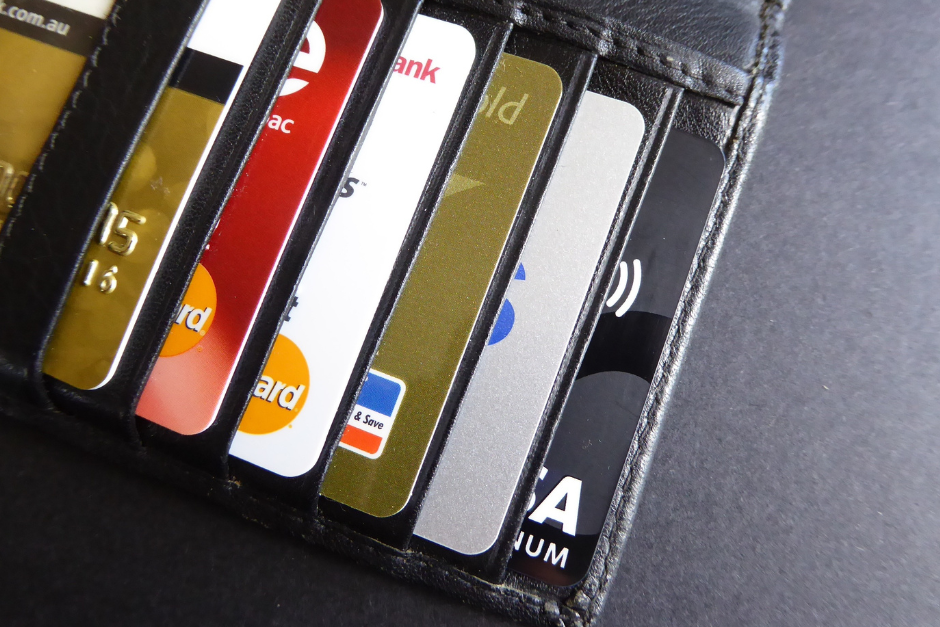
A late payment can negatively impact your credit score. However, that might not be the only consequence that comes when a bill is more than 30 days overdue.
Other Consequences of Late Payments
Although you technically have a 30-day “grace period” before a late payment shows up on your credit report, keep in mind that you might still have to deal with other consequences such as late fees and penalty rates.
While late fees can be applied as soon as you miss the due date, penalty rates, which are the bank’s highest interest rates (typically upwards of 29.99%) can be applied to your balance at the 60-day mark. If you still haven’t made a payment by 90 to 180 days, your account may be closed off and sold to a collection agency. At this point, you can no longer negotiate with your lender and you may be subject to litigation and wage garnishment.
Will a Partial Payment Still be Reported as Late?
Unfortunately, yes. While a partial payment helps to lower your balance, your creditor can still mark it as missed or delinquent if you don’t pay the minimum amount before 30 days after the due date.
How Do I Check If There Are Any Late Payments on My Credit Report?
You can identify any late payments hurting your scores by looking over the credit history section of your credit report. Actively monitoring your credit report and FICO® Scores is important to stay on top of your credit health.
How Long Does a Late Payment Stay on My Credit Report?
Late payments can stay on your credit reports for seven years, although the impact they have on your credit scores fades over time as you make consecutive on-time payments.
How to Avoid Late Payments
The best strategy to avoid late payments is to have a system that sets you up for success. Try the following:
- Set up automatic bill pay with your bank. If you’re automatically paying at least the minimum amount due as soon as the statement issues, you won’t have to worry about forgetting about a bill. Just make sure you can do so without risking overdrafts.
- Select payment due dates that work with your paydays, or bunch them up around the same day to help you remember when your bills are due.
- Use text alerts or calendar reminders that alert you a few days before your bills are due.
- You can also try paying down your balance throughout the month. By doing this you’ll know you’ve already paid your balance by the time the due date comes around. This also has a positive impact on your credit utilization, which has the second-biggest impact on your credit scores.
- If you’re having trouble keeping up with multiple payments, consider consolidating your debts into one loan. When you do this, you’ll only have one payment to worry about. Given that the term of the loan can span over a couple of years, you can effectively reduce the interest and monthly minimums you’re paying. This can be a great option if you have a plan to pay back your debts and work toward your credit goals.






